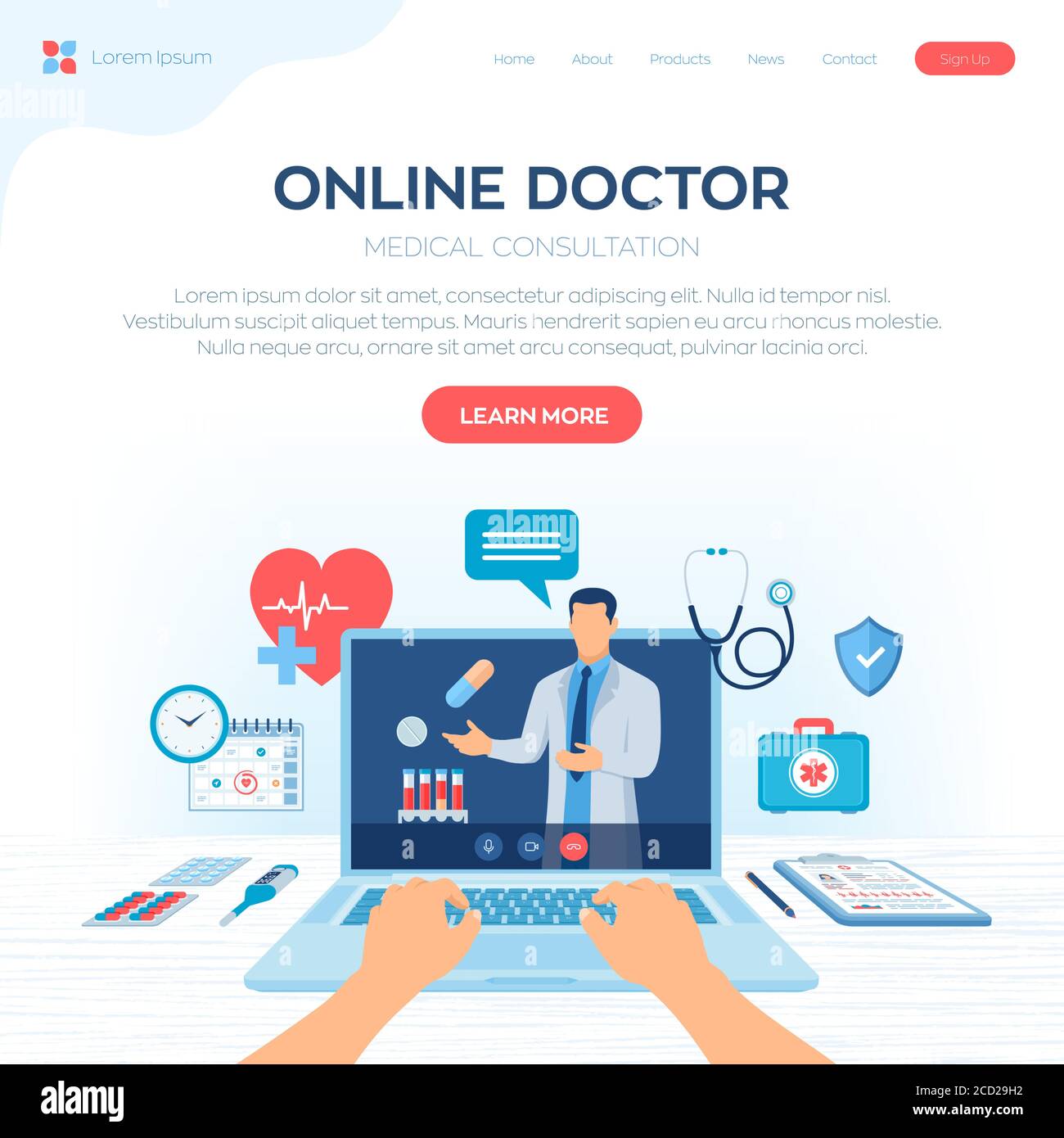The Future of Medicine: Checking Out Subscription Based Healthcare Designs
The Future of Medicine: Checking Out Subscription Based Healthcare Designs
Blog Article
The Surge of Subscription-Based Health Care and Its Influence On Client Treatment
As healthcare advances, the subscription-based version is acquiring traction, assuring to reinvent patient treatment by providing predictability and ease of access. The potential for these versions to reshape healthcare delivery elevates pressing concerns concerning their long-lasting sustainability and inclusivity. Are these registration services the future of medical care, or do they run the risk of leaving prone populations behind?
Recognizing Membership Medical Care Designs
Grasping the idea of registration healthcare versions involves taking a look at a transformative approach to medical services that stresses affordability and availability. These models, usually referred to as straight primary treatment (DPC) or attendant medicine, have become innovative options to typical fee-for-service health care systems. Registration healthcare enables individuals to pay a set monthly or annual charge for a specified set of medical services, which might consist of unlimited office brows through, regular exams, and standard lab examinations, without the demand for traditional insurance policy payment.
The framework of subscription health care designs is created to simplify patient care by eliminating third-party payers and complex invoicing codes, consequently reducing management burdens. Doctor can concentrate extra on patient treatment, cultivating more powerful patient-provider partnerships. This version additionally advertises preventative treatment by motivating routine brows through, as the financial obstacle of per-visit charges is removed.
The registration version often empowers healthcare service providers to manage smaller patient panels, allowing for even more customized care. It straightens economic rewards with client health end results, as suppliers are inspired to maintain patient satisfaction and well-being. Overall, recognizing membership health care models calls for identifying their prospective to reshape just how treatment is delivered and accessed.
Advantages for Individuals and Companies

For suppliers, subscription-based versions supply the opportunity to deepen patient-provider relationships. With a steady revenue stream, health care experts can commit more time to every individual, leading to a more detailed and tailored treatment experience. This design likewise minimizes reliance on high patient volumes, alleviating burnout and boosting work contentment. The focus on precautionary care within registration strategies can lead to much better client outcomes and lowered long-lasting healthcare costs. By concentrating on constant care, providers can deal with concerns before they intensify, eventually profiting the medical care system all at once by decreasing the burden on emergency situation and severe treatment services.
Obstacles and Problems
While subscription-based medical care models present countless benefits, they likewise include a collection of challenges and issues that should be dealt with. First, ease of access stays a considerable problem, as these models commonly target individuals who can pay for month-to-month costs, possibly excluding low-income populations. This increases moral questions concerning equitable accessibility to healthcare solutions. Additionally, the different nature of subscription strategies can bring about complication among people pertaining to coverage specifics, potentially causing unmet expectations or poor care.
Financial sustainability of subscription-based models is another concern. Carriers have to stabilize the set earnings from subscriptions with the variable costs of medical care solutions, which may vary due to unexpected medical needs. This can develop stress to limit services or rise charges, potentially affecting patient fulfillment and care quality.
In addition, regulatory oversight of subscription-based health care versions is still advancing. Dealing with these difficulties is critical for the successful and equitable application of subscription-based medical care.
Effect On Patient-Doctor Relationships
One significant influence of subscription-based healthcare models on patient-doctor relationships is the capacity for improved continuity and customized care. By embracing a membership version, medical professionals can take care of a smaller patient panel, enabling for more devoted time with each person. This boosted schedule cultivates a much deeper understanding of a patient's case history, lifestyle, and preferences, allowing much more tailored treatment strategies and treatments.

However, it is very important to identify that while subscription-based designs may benefit those who can manage them, they might unintentionally widen healthcare differences. People who are unable to get involved in these designs might experience lower access to customized treatment, potentially impacting their partnerships with health care suppliers. Therefore, while article source the membership design provides appealing advantages for patient-doctor relationships, it likewise poses difficulties that require to visit the website be resolved to ensure fair healthcare gain access to.
Future of Medical Care Gain Access To

The role of technology can not be neglected in this makeover. Telemedicine platforms and electronic health documents facilitate smooth communication in between individuals and medical care suppliers, damaging down logistical and geographical obstacles. Furthermore, improvements in expert system and data analytics can even more customize treatment by predicting patient needs and optimizing therapy strategies.
Nevertheless, the future of healthcare access also presents challenges, such as guaranteeing equity across different socio-economic teams. Policymakers and medical care providers have to team up to link the electronic divide, guaranteeing that subscription-based models remain inexpensive and inclusive. As these systems grow, they hold the assurance of making medical care extra easily accessible, reliable, and patient-centric.
Verdict
Subscription-based medical care models are improving individual care by supplying a stable price framework and boosting access. home These versions enhance patient-provider relationships with individualized care and routine visits, highlighting preventative wellness. Despite these advantages, obstacles such as availability concerns for low-income populations and the need for equitable medical care solutions continue. The increase of subscription-based medical care encourages proactive person engagement, which has the potential to enhance individual end results and complete satisfaction, indicating a transformative change in healthcare delivery.
As healthcare evolves, the subscription-based design is getting grip, promising to change person treatment by offering predictability and ease of access.Subscription-based medical care versions offer distinctive benefits for both carriers and individuals, improving the general healthcare experience.As health care systems evolve, the future of healthcare access frequently hinges on the integration of innovative versions and modern technologies.Subscription-based health care models are improving individual care by supplying a steady cost framework and improving accessibility. The increase of subscription-based healthcare motivates aggressive individual engagement, which has the potential to improve individual results and complete satisfaction, indicating a transformative change in healthcare distribution.
Report this page